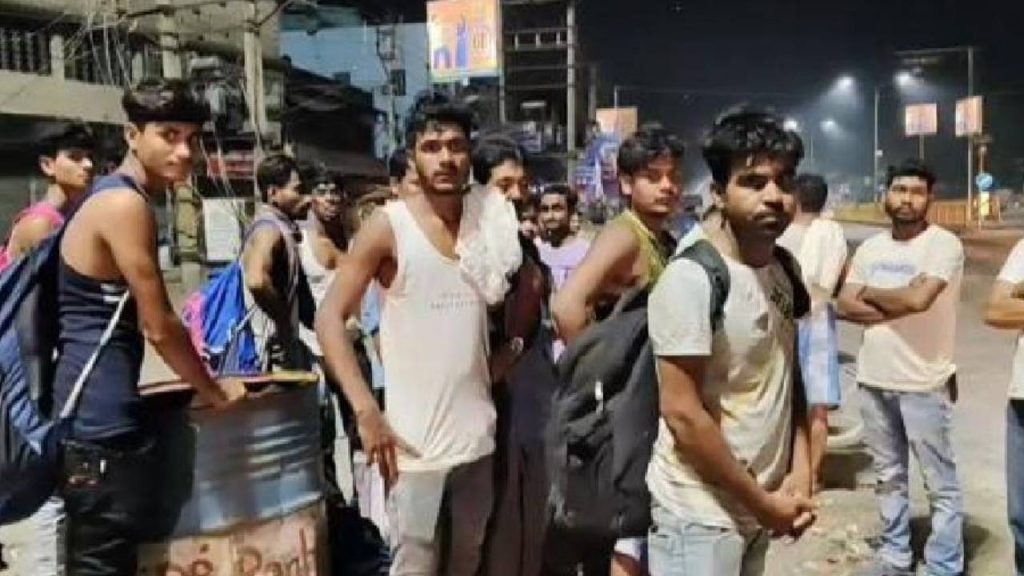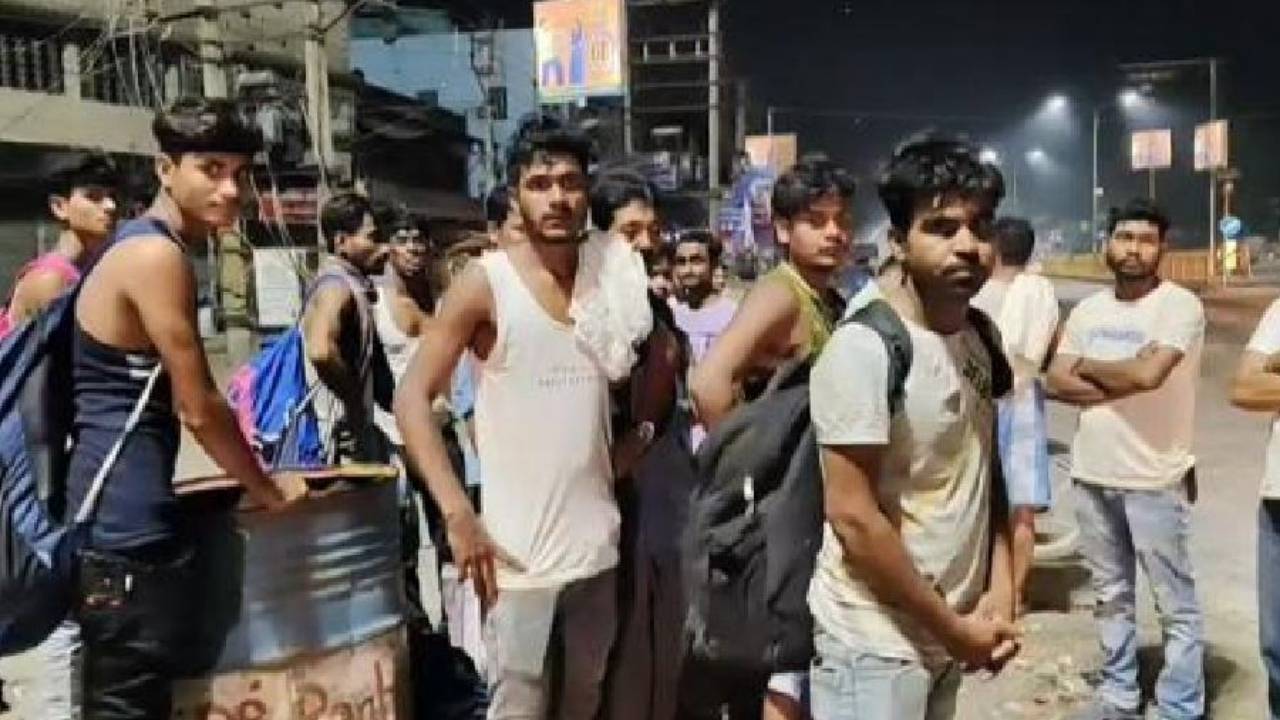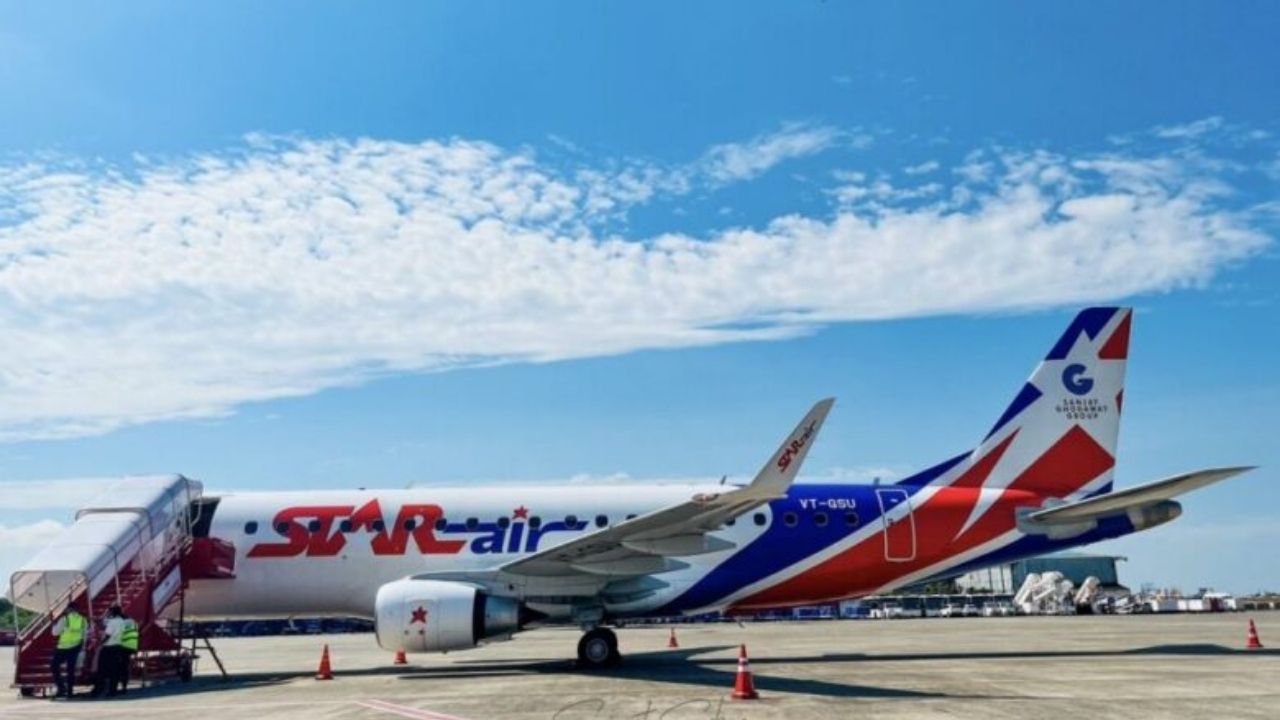In recent weeks, a shocking story about migrant workers from West Bengal has emerged, drawing attention to the harsh realities they face while searching for work across India. After being detained in Odisha under controversial circumstances, many workers from Bengal are now opting for employment opportunities in Tamil Nadu, even if it means earning just ₹1,000 a day. This migration shift highlights deeper issues of labor rights, security, and the difficulties faced by migrant workers in India.

This article delves into the background of the Odisha detention controversy, explains the challenges migrant workers face, and offers practical advice on how these workers can better navigate their careers, rights, and safety as they look for opportunities in other states.
Bengal Migrant Worker Moves to Tamil Nadu for Rs 1,000 a Day
| Key Data & Insights | Description |
|---|---|
| Incident | Migrant workers from West Bengal were detained in Odisha under suspicion of being illegal immigrants. |
| Wages in Tamil Nadu | Migrant workers are offered ₹1,000/day in Tamil Nadu, despite the difficulties faced in their previous states. |
| Key Legal Development | Calcutta High Court ordered Odisha to file an affidavit regarding the allegations of illegal detention. |
| Current Situation for Migrants | Many Bengali-speaking migrants are finding jobs in other states but face challenges like low wages and insecure work conditions. |
| Legal Assistance for Migrants | TMC MP Samirul Islam has filed a PIL in the Supreme Court regarding the unlawful treatment of Bengali-speaking migrant workers. |
| Bengali Migrant Workers’ Rights Advocacy | The Trinamool Congress (TMC) has raised concerns over the detention and harassment of Bengali-speaking workers. |
For further details, check the official updates from sources like The Economic Times and India Today.
The migration of Bengali-speaking workers from Odisha to Tamil Nadu highlights both the resilience and challenges faced by migrant laborers in India. While Tamil Nadu offers new opportunities, it’s crucial for these workers to navigate their rights and seek employment in safe, regulated environments. With the right knowledge, support, and resources, migrant workers can build better lives for themselves and their families, while contributing to the vibrant industrial landscape of India.
The Background: What Happened in Odisha?
Migrant workers have always been an essential part of India’s labor force, contributing significantly to the economy. However, their lives are far from easy, as evidenced by the recent events in Odisha. In a move that caught the nation’s attention, hundreds of Bengali-speaking migrant workers were detained in the state of Odisha, many of whom were labeled as “illegal immigrants” from Bangladesh. Despite presenting documents proving their Indian citizenship, the workers were subjected to overcrowded detention facilities, verbal abuse, and harsh conditions.
The incident has raised concerns across the nation, prompting questions about the treatment of migrant workers, particularly those from marginalized communities. The state’s treatment of Bengali-speaking workers, many of whom speak the same language but have lived in India for generations, has led to widespread condemnation.
This controversy in Odisha has sparked a legal battle, with the Calcutta High Court stepping in and demanding that Odisha file an affidavit explaining the detentions. This action underscores the pressing need to protect the rights of migrant workers across the country.
The Migration Shift: Why Tamil Nadu?
In the aftermath of the detention nightmare, many migrant workers have decided to leave Odisha and seek employment opportunities elsewhere. Among the most common destinations is Tamil Nadu, a state known for its robust industrial sector and growing demand for labor. Workers are now migrating southward to Tamil Nadu, where the wage rate for unskilled labor is around ₹1,000 per day.
While this might seem like a step forward, it’s crucial to understand the complexities that come with these moves. Tamil Nadu, like many other states, offers limited social security or protections for migrant workers. Workers often find themselves in difficult conditions, working long hours for modest pay, with no guarantee of job security or worker’s rights protections.
Practical Advice for Migrants: Navigating Employment in Tamil Nadu
- Know Your Rights: It’s vital for workers to understand their basic rights under Indian labor laws. Migrants should seek information about minimum wages, working conditions, and grievance redress mechanisms. Websites like Labour.gov.in offer guidance on workers’ rights in India.
- Verify Employment Contracts: Before accepting a job in Tamil Nadu or any other state, migrant workers should ensure that their employment contracts are clear about terms of payment, job responsibilities, and work hours. Written contracts protect both parties and can serve as evidence if disputes arise.
- Ensure Safe Housing: Migrants should be cautious about living arrangements. It’s important to choose safe, well-maintained accommodations and avoid places that could compromise personal safety or health. The government offers some resources through local labor offices to assist migrants with finding safe housing.
- Work in Registered Sectors: Wherever possible, workers should aim to secure jobs in sectors that are registered and have a reputation for fair treatment. Large industries or companies typically provide better security and benefits compared to informal sectors.
- Join Workers’ Associations: Migrant workers can benefit from joining local workers’ unions or associations. These groups can advocate for better wages, improved working conditions, and protection from exploitation. In Tamil Nadu, various labor unions focus on migrant workers’ rights.
Key Legal Protections for Migrants in India
Migrants, regardless of their origin, are entitled to protection under Indian law. Below are some key points to remember about labor laws and protections for migrants:
- The Minimum Wages Act (1948): This act guarantees that all workers, including migrants, are entitled to a minimum wage. The specific wage may vary by state, but no worker should receive less than the legal minimum.
- The Interstate Migrant Workmen Act (1979): This act seeks to protect interstate migrant workers by ensuring that their wages are paid on time, they are provided safe working conditions, and they are not exploited by employers. Unfortunately, the implementation of this act has been inconsistent across the country.
- The Factories Act (1948): This law applies to factories and provides a number of protections, including limits on working hours, provisions for health and safety, and regulations on workplace sanitation. Workers in factories are entitled to compensation for accidents or injuries sustained while on the job.
- The Construction Workers Welfare Act (1996): This law protects construction workers, many of whom are migrants, by providing benefits such as accident insurance, housing assistance, and maternity leave.
A Step-by-Step Guide for Migrants to Ensure Their Rights
- Before Migration:
- Research employment opportunities and understand wage structures in the destination state.
- Check whether the employer is registered and inquire about labor standards.
- Upon Arrival:
- Keep copies of important documents (like identification and employment contracts).
- Visit the nearest labor office to understand your rights and register your presence if required.
- While Working:
- Track your wages and working hours. Ensure they match the agreed-upon terms in your contract.
- Report any exploitation or workplace violations to local labor authorities or unions.
- If Problems Arise:
- Contact legal aid services or advocacy groups for assistance.
- File complaints with the labor department or take legal action if necessary.
Odisha Holds 44 Bengali Migrant Workers as Citizenship Verification Process Continues
Landslide Blocks Damanjodi–Narayanpatna Route in Koraput After Torrential Rain
Illegal Blasting Rocks Maoist-Hit Tulasi Hills: Andhra Firm Draws Scrutiny
FAQs
What should I do if I’m detained as a migrant worker?
If you’re detained or face discrimination while working as a migrant, you should immediately contact legal assistance or your local labor office. It’s crucial to have all documentation, such as ID proof and employment contracts, readily available.
Are there other states where migrant workers are facing difficulties?
Yes, some states have been criticized for their treatment of migrant workers. However, Tamil Nadu, Maharashtra, and Kerala are often considered more migrant-friendly, offering a mix of industrial opportunities and labor rights.
Can migrant workers join unions in Tamil Nadu?
Yes, migrant workers in Tamil Nadu can join unions. These unions help protect workers’ rights, ensure fair wages, and fight against exploitation.





